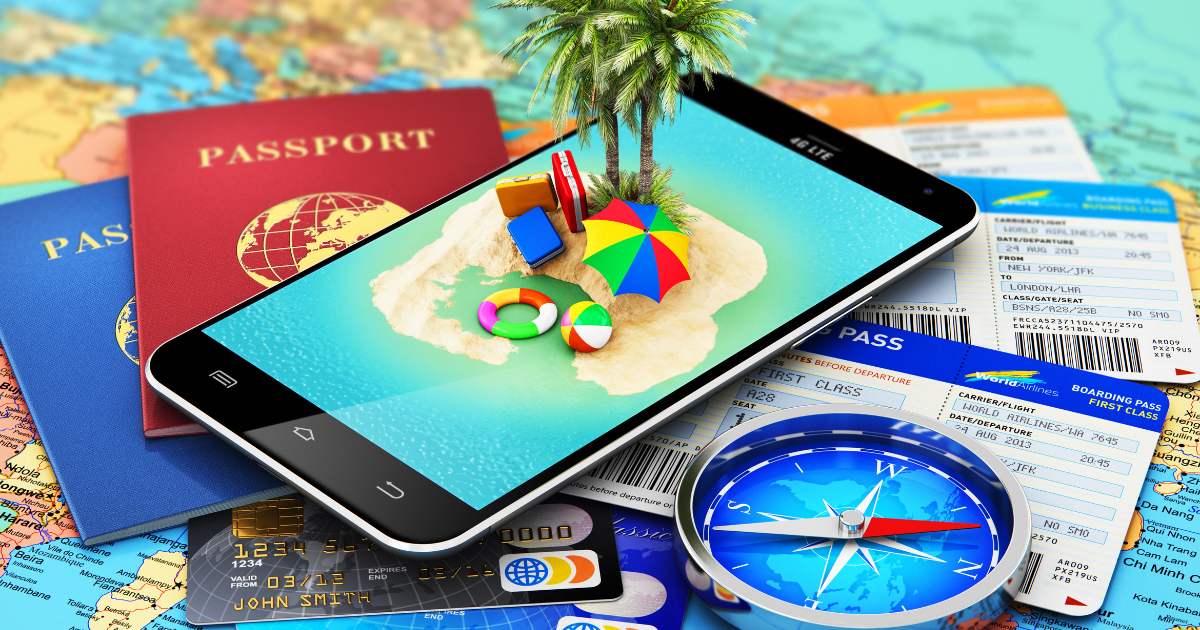A sustainable tourism business has become an important aspect of running any tourism business. As your business grows, remaining sustainable is a different challenge. The key, therefore, is to keep up the need to grow and develop your business, while aligning with your sustainability goals
Sustainable tourism means travel or tourism-related activities “respect the socio-cultural authenticity of host communities and provide socio-economic benefits for all.”
This indicates that these activities should put the conservation of the environment and the preservation of cultural heritage at the centre. The old adage of leaving nothing but your footprints is a motto by which to steer your sustainable tourism business.
Be careful not to confuse the term “sustainable tourism” with “ecotourism” as these are two separate terms. Ecotourism, although often employing sustainable tourism practices, only means that it is a tourism activity that involves nature in some way.
Let’s look at how to make your tourism business more sustainable.
1. Make Accommodation Eco-friendly
Whether you have a guest house, lodge or even a B&B, you can make your facilities more sustainable by choosing “green” practices. This could include using solar energy to power your facility, installing solar geysers, reducing water consumption and encouraging recycling of any garbage.
Even small steps such as going paperless in your office, encouraging guests not to request clean towels daily and installing water-saving shower heads can go a long way. Fix any leaky pipes or taps and ask guests to approach their stay with an eco-friendly mindset.
Your business can obtain certificates that show that you truly are a sustainable business.
Sustainable tourism means supporting local businesses and communities. From sourcing food ingredients from local producers to stocking your gift shop with local artisan crafts, South Africans know “local is lekker”.
Supporting other local businesses is a boost to your local economy and provides a livelihood for hard-working farmers and craftsmen. Where specialist crafts are made by individuals using methods that are part of their cultural heritage, your business is also contributing to preserving that cultural heritage.
3. Be Environmentally Conscious with Activities
Tour guides, tour operators or any business that specialises in offering activities and services to tourists need to consider the impact their presence has on the environment. Consider how your service is affecting the biome in which you operate. Are you working with nature, or against it?
Aim to ensure tours do not have a high environmental impact. Hikers and tourists must not pollute the area, and your services should not damage or lead to the damage of animal habitats. No wild animals should be disturbed or fed.
Some popular destinations only provide access to certain areas for half of the year to ensure nature has time to recover.
However, if the tourist activities involve cultural practices, ensure you treat these practices with respect.
Activities can include:
- Game or Birdwatching
- Nature walks, learning about unusual flora and fauna or traditional plant-based medicines
- Fishing
- Visiting a farm that produces specific crops endemic to the area
- Visiting local communities
- Interactive tours for local traditional crafts or
- Food tasting
4. Move Away from Single-use Items
A good step towards moving towards a more sustainable tourism business is to stop using single-use items. Single-use items are items that are usually used only once and then discarded, like paper plates. Even if items such as paper cups are recyclable, it still takes energy and inputs to manufacture and recycle.
Switch to washable stainless steel plates, glassware or reusable containers.
How do I Ensure I Create a Sustainable Tourism Business
If you want to improve your tourism business and grow it to become more sustainable, you can benefit from appointing a sustainable business coordinator. This individual’s purpose is to ensure that your business is energy efficient, conserving water, has an effective waste management strategy, has a positive impact on local communities and has an Environmental Responsibility statement.
Thanks to South Africa being a budget-friendly destination for many international tourists, it makes sense for any person with a small tourism business to become more sustainable.
The Department of Tourism is also showing its support to businesses through its Green Tourism Incentive Programme (“GTIP”). Its main objective is to help privately owned tourism businesses to install solutions that help manage the sustainable use of electricity and water.
Since its inception in 2017 and revision in 2020, businesses can now benefit even more. Any small or micro tourism enterprise can now apply for grant funding of up to R1 million to qualify to install water and energy savings solutions.
Becoming a sustainable tourism business won’t happen overnight, but there is no reason not to try. By considering how small changes in daily operations can impact the environment, society and your local economy, you will see how easy this next step can be.





















Discussion about this post